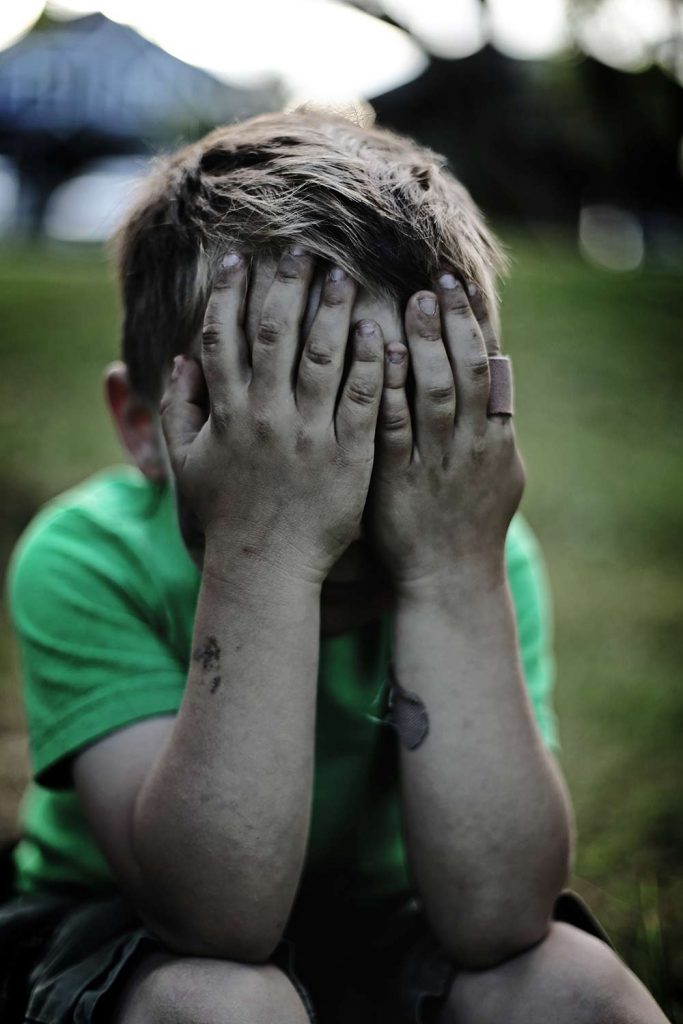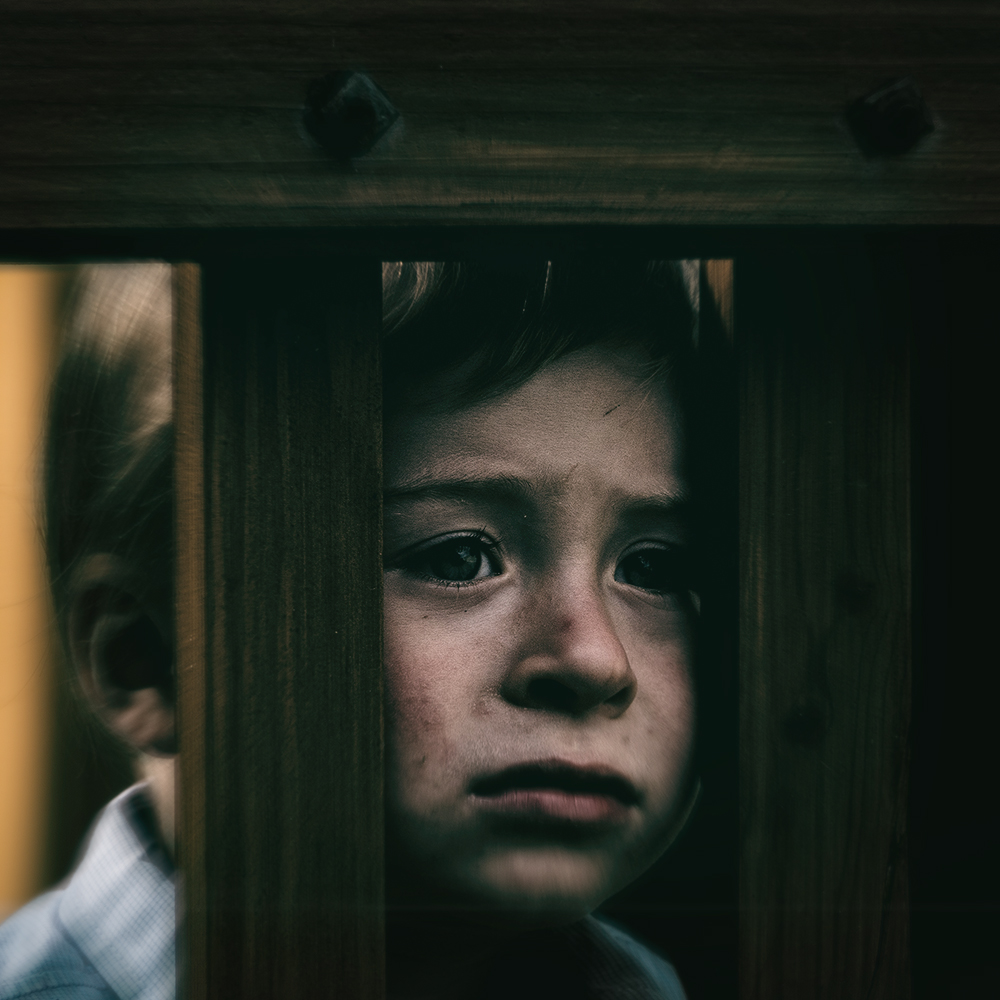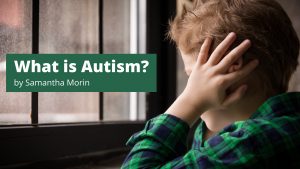Often, when we hear the word mistreatment, the first thing that comes to mind is some sort of altercation that usually results in physical and/or verbal abuse. These types of situations certainly rank among the worst cases of mistreatment. But there are other kinds of mistreatment that occur every day, which can prolong in nature, are also very hurtful, and usually do not involve physical violence. This kind of mistreatment is known as neglect.
Neglect by definition is measured by the failure of a parent and/or guardian to provide needed clothing, food, medical care, shelter, and supervision to their child or cared one. It is essential to have these responsibilities in place in order to keep the health, well-being, and safety of our cared ones out of harm’s way. Neglect is the most common form of child abuse and can also leave the child vulnerable to other forms of abuse. There are many kinds of neglect but generally speaking, the 4 most common forms of neglect are physical, emotional, educational, and medical neglect.

Studies have been somewhat inconclusive in determining which factor alone can be responsible for causing child abuse. However, it has been noted that neglect has a tendency to occur among families that possess a combination of risk factors that are conducive to negligence and mistreatment of other members of the household. A lot of the circumstances that lead to the mistreatment of children have been directly related to families that are under extraordinary pressure as a result of poverty, unemployment, divorce, illness, disability, domestic violence, lack of education, inadequate housing, and addiction (parents who are addicted to alcohol, drugs or other substances are more likely to abuse or neglect their children). Among the neglected members of the household, the most vulnerable ones are usually children, in particular those with special needs.
Child neglect can have a traumatic, profound, and in some cases life-lasting negative effect on children. More often than not children who are neglected and abused exhibit behaviors and patterns that are detrimental to their development and well-being as well as their own safety and those around them. Some of the most common behaviors are depression, aggression, anger, acting out, anxiety, social withdrawal, low self-esteem, and even difficulty sleeping. In some extreme cases, child neglect can cause a child to develop personality disorders and even schizophrenia.
There isn’t a single answer to stop such a complex and common problem, but experts agree that the actual solution to diminishing child neglect and abuse may be found in a combination of different strategies. There are many ways that we can get involved in helping children who are being neglected and abused. Some do not even require a lot from us. For example, being a good neighbor by often checking in on the family in question, being a good example to that family, providing clothes if you suspect that the children lack clothing. If time is on your side then a commitment to something like becoming a mentor to a young, unskilled mother in need has been proven to be an effective way of eliminating possible child neglect through education and support. Becoming a mentor to a child of an incarcerated parent can teach that child that they are not alone and can still count on someone during such a difficult time. Becoming a responsible foster parent requires a life long commitment but it has undoubtedly saved the lives of many children around the globe.

Our government is well aware of what our children are going through and have been actively enacting laws to combat the abuse, however, is a long road ahead and a lot more needs to be done. In a number of states in America, the failure to provide any form of medical treatment including mental health to an individual is defined as Medical Neglect. Furthermore, within those States, there are 5 States that go even further and conclude that the withholding of nutrition or medical treatment from children with disabilities and or life-threatening conditions also falls under the umbrella of Medical Neglect. In some US territories, the failure to properly educate a child bounded by the requirements of the law constitutes actual neglect. Some of these territories include The Virgin Islands, Puerto Rico, American Samoa, Guam, and District Of Columbia. Here are some of the laws put in place to help stop child neglect and abuse in our area:
Massachusetts Neglect Citation: Code of Mass. Regs. Tit. 110, § 2.00 ‘Neglect’ means failure by a caregiver, either deliberately or through negligence or inability, to take those actions necessary to provide a child with minimally adequate food, clothing, shelter, medical care, supervision, emotional stability, and growth, or other essential care.
Rhode Island Neglect Citation: Gen. Laws § 40-11-2 The term ‘abused and/or neglected child’ includes a child whose physical or mental health or welfare is harmed or threatened with harm when the child’s parent or another person responsible for his or her welfare does any of the following: • Fails to supply the child with adequate food, clothing, shelter, or medical care, although financially able to do so or offered financial or other reasonable means to do so • Fails to provide the child with a minimum degree of care or proper supervision or guardianship because of his or her unwillingness or inability to do so by situations or conditions such as, but not limited to, social problems, mental incompetency, or the use of a drug, drugs, or alcohol to the extent that the parent or other person responsible for the child’s welfare loses his or her ability or is unwilling to properly care for the child.
Connecticut Neglect Citation: Gen. Stat. § 46b-120 A child may be found ‘neglected’ who, for reasons other than being impoverished: • Has been abandoned • Is being denied proper physical, educational, emotional, or moral care and attention • Is being permitted to live under conditions, circumstances, or associations injurious to the well-being of the child • Has been abused A child may be found ‘uncared for’ who is homeless; whose home cannot provide the specialized care that the physical, emotional, or mental condition of the child requires; or who has been identified as a victim of trafficking, as defined in § 46a-170.
Puerto Rico Neglect Citation: Ann. Laws Tit. 8, § 444; Tit. 31, § 634a(3) ‘Neglect’ means a type of abuse that consists of failing to perform the duties or to exercise the capacity to provide adequate food, clothing, shelter, education, or health care to a minor; failing to exercise supervision, or failing to visit the minor or to remain in contact or frequent communication with the minor. It is also considered neglect when the parent fails to comply with the duties or exercise the powers provided in title 31, § 601(1). These duties include, but are not limited to, the duty of having the minor in his or her company according to law; of supervising his or her education and development; and of adequately providing sustenance, clothing, shelter, education, or health care, according to his or her wealth or with the means provided by the Commonwealth or any natural or juridical person. Health care includes any treatment or preventive measure required to attend to or prevent any condition involving the physical, mental, or emotional health of the minor.
For a complete list of all the States along with the American territories please visit the Childwelfare.gov website.
To learn more about child neglect services and information please visit the Children’s Bureau – An Office of the Administration for Children and Families at https://www.acf.hhs.gov/cb/focus-areas/child-abuse-neglect



